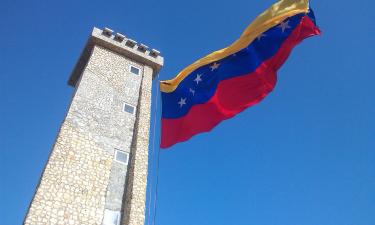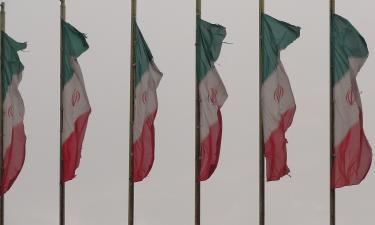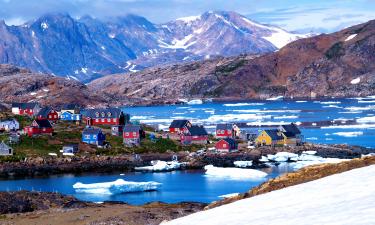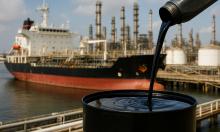Argentina: 5 Presidents in two weeks, a history of mismanagement
Eduardo Duhalde, curiously, is chosen to terminate the Presidency of Fernando de la Rua, who beat him in the Presidential elections of 1999. However, whether or not he finishes the mandate until 2003 is a question which will be solved by how the country’s economy reacts and how adept he is at convincing the population to let him try.
With a debt to foreign banks of 150 billion USD, more than half the country’s GDP, President Duhalde has a monumental task on his hands. Unemployment is soaring at 20%, salaries of civil servants have been slashed and pensions reduced by 13.5%. This was the legacy of Fernando de la Rua, who escaped from the Presidential Palace by helicopter on 20th December, after announcing his resignation. This at least was a change from the motorcades of luxurious limousines in which he was habituated to dashing through the streets of Buenos Aires before coming home to his adored collection of bonsai trees. De la Rua, however, had inherited a deplorable economic situation from Menem.
A desperate measure introduced by Duhalde’s predecessor to control an economy spinning out of control was to confiscate part of the savings of the citizens, who were impeded from withdrawing their money from the banks. These austere measures were translated into a miserable Christmas for a large part of the population, who call for direct elections to choose the next President.
It is this political and economic scenario that Eduardo Duhalde enters. 60-year-old Eduardo Duhalde is a lifelong member of the Justicialist (P) Party, the party of Domingo Peron, who destroyed the country’s capital reserves during his fascist and corrupt dictatorship. Should Duhalde survive, he will be the only Argentinean President since the Second World War to do so, with the exception of Carlos Menem, the one responsible for the crisis.
President Duhalde began his career in Lomas de Zamora, a city of 400,000 inhabitants, where he was the President of the Peronist lawyers, moving later to Buenos Aires, where he became the Vice-President of the same grouping. He became President of the Directive Council of his Party, was elected Mayor of Lomas in 1973 and again ten years later and became a member of Parliament in 1987. He was the first Vice-President of the Assembly until 1989, before he was elected Vice-President to Carlos Menem and President of the Senate.
Having broken with the corrupt Menem in 1991, Duhalde was elected as governor of the Province of Buenos Aires, the largest in the country, with 13 million inhabitants. Re-elected in 1995, he ran for the Presidency in 1999, when Fernando de la Rua, seen as an honest politician swimming alone in a sea full of sharks, beat him, due also to the presence of the leftist Carlos “Cacho” Alvarez as his Vice-President. Shortly after taking office, de la Rua and Cacho divorced politically and de la Rua became a prisoner of his Finance Minister, Domingo Cavallo, who implemented the unpopular financial measures which sparked the current crisis.
It is precisely the climate of corruption in the political class, so frequent in Latin America, which has been the downfall of Argentina. At the beginning of the twentieth century, Argentina was the seventh most powerful economy in the world, meat exports supporting an opulent lifestyle. By 1947, Argentina had a literacy rate of 87%, enviable in the rest of the continent, as was the country’s social security system.
However, easy money was frittered away by a futile and extravagant society and nothing was built to replace the meat market when it fell. First Peron bled the country dry of its financial reserves and there were 5 military coups d’etat between 1943 and 1976. The last military dictatorship installed a regime of terror, in which no less than 30,000 opposition members were assassinated.
The President who succeeded the dictatorship of Galtieri, Raul Alfonsin, led the country on a path towards hyperinflation. Menem controlled this, together with Domingo Cavallo, by selling off the state enterprises and between 1991 and 1996, the economy grew on average 7% per year. To maintain his popularity, Menem needed to keep the money flowing. When the financial springs dried up at home, he turned to the foreign banks.
If Eduardo Duhalde survives, it will be because he surrounds himself with honest politicians who steer the country through its economic nightmare, either or which would be a miracle in Argentina today.
Marcia MIRANDA PRAVDA.Ru BRAZIL
Subscribe to Pravda.Ru Telegram channel, Facebook, RSS!





